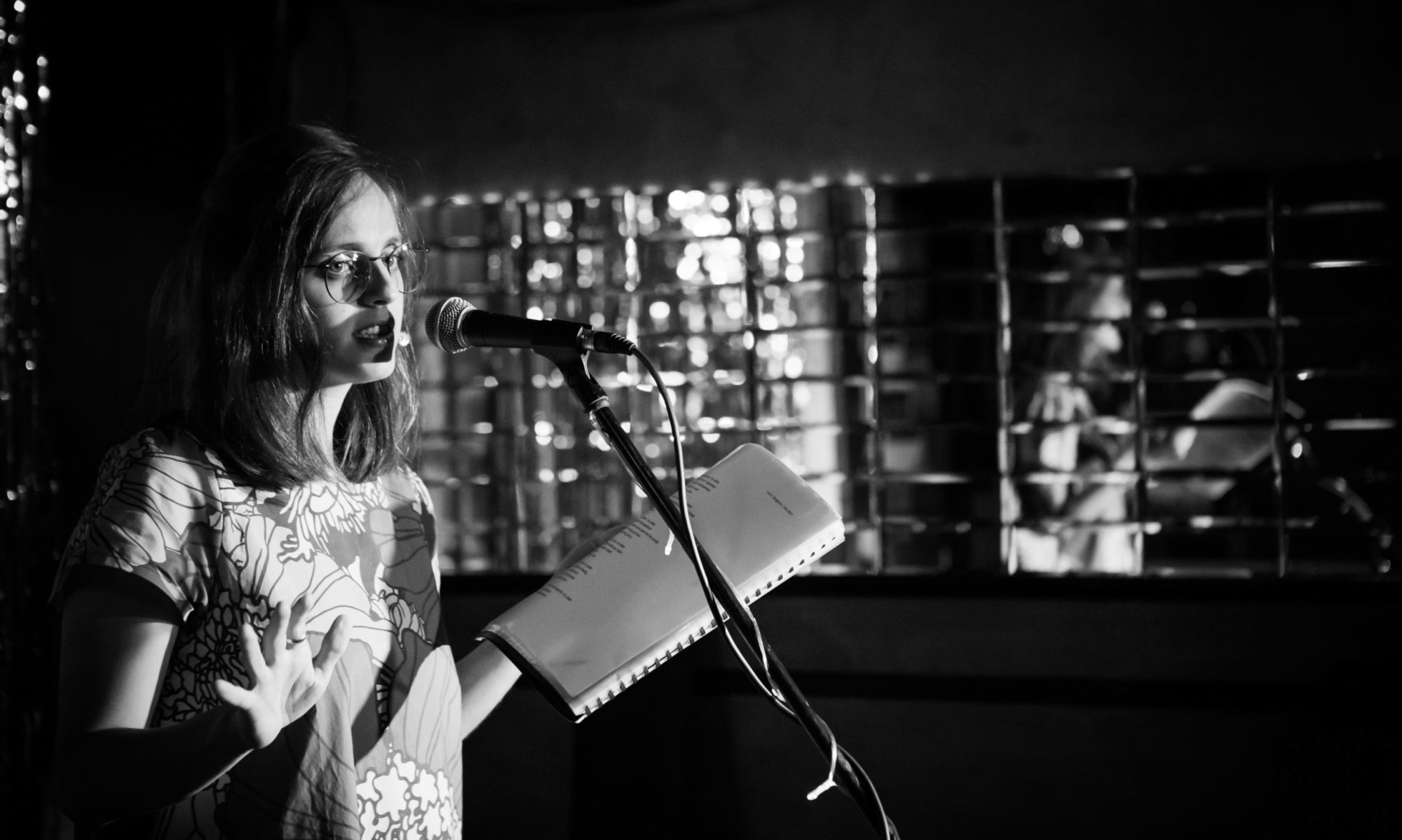CW: COVID-19 and related anxiety.
There would be no reader of this post who isn’t affected by the COVID-19 global pandemic. Such global crisis and uncertain times highlight much of parenting love and angst, all mixed together.
Although it has been reported that young children are less vulnerable to the virus, I’m sure every parent in our community has some level of concern, anxiety or fear. Every parent’s greatest wish for their child is their health and safety, and the idea that a potentially-deadly-no-cure-no-vaccine virus is terrifying.
During the last few days, as health concerns have escalated here in Victoria, my anxiety has escalated with it. No reassurance about low risk groups has reassured me. The apparent lack of update by the government regarding the chance of contraction in the community also seems bizarre and contribute to my worries. I was especially concerned when I met a father whose child has been at home from school due to a confirmed COVID-19 case in her classroom. Instead of isolating, she was playing on our local playground equipment, which my toddler, along with many other children, innocently touches right before rubbing his face. How can the government be so sure this child did not have the virus (asymptomatically) and then passed it on to dozens of children?
I spent many hours the last few days reading and watching the news, even symptom checking. Instead of enjoying my daily outings with my son, I’ve been constantly wondering if I should even take him out of the house, incessantly wiping his hands while lashing out “Don’t touch anything!” as we’re walking. I know I’m not the only one. Although rationally I know none of my immediate family members are in a high-risk group, my anxiety switch has been turned on, and I’m on high alert. These feelings remind me of wars and terrorism periods I experienced growing up – everyone on edge, community life in the shadow of uncontrollable forces.
I am terrified I’ll die from COVID-19 and leave my most precious human behind, to deal with this unstable, unkind (read: lacking toilet paper and rice) world. I worry that we’d end up on the wrong side of statistics, and my child would contract the virus, and dare I write it, even die.
Before I had become a mother, I used to consider myself almost fearless. Looking back, I wasn’t fearless– I definitely would get scared, but I’d be able to avoid those feelings enough or channel adrenaline to do things. I’ve dealt with many challenges growing up, and uncertainty was as an inherit part of my life as a cup of milk. When would operations stop? Would there ever be peace and bombing stop? These were regular contemplations. Now, as a mother, I’m no longer fearless or able to forget about my fear. I am scared about everything when it comes to my child. Amongst other things, I worry about the state of the earth we are leaving for him and his generation, about his health and development, and about my own life so that I don’t leave him. When the threat to life seems so tangible, these anxieties come marching forward.
What I find almost as encompassing as the anxiety for life my child brought into my life, is the joy and mindfulness he brings me every day. The other day, after a day of worry, hand washing and much home-based play, I spent about 20 minutes with my toddler, laughing. He was naked, free and careless as only a child can be right now, and we were looking into each other’s eyes. He was standing on my lap and I pretended to drop him or kissed him or just talked in the ridiculous tone I’ve got he finds hilarious for some reason. My dopamine levels went up immediately and I got absorbed in the game completely. I reflected on how the highs and the lows of parenting are so intrinsically linked, exhausting and wonderful – just like life itself. Being a mother means I have a greater capacity for acute fear but also pure joy, sometimes all at once.
As you and many others around the world may be quarantined and unable to engage in your usual self-care activities, we could all turn to children for ways to find internal peace and joy. If you’re a parent, connecting with your child for a few minutes of uninterrupted play is extremely valuable for you both. If you don’t have children or a small relative you can call over the internet, tuning into our internal child might be key. What did you used to love doing? Drawing, singing, dancing, reading, music? These are all things we can do in our bedroom or living room. Connecting with others (even if electronically) could do so much good to everyone during these tough times.
I wish everyone safe and healthy times ahead.
Until next time,
L. K. Bridgford
P. S. if you have a question for me or a topic you’d like me to write about – reach out by commenting or connecting on social media.



